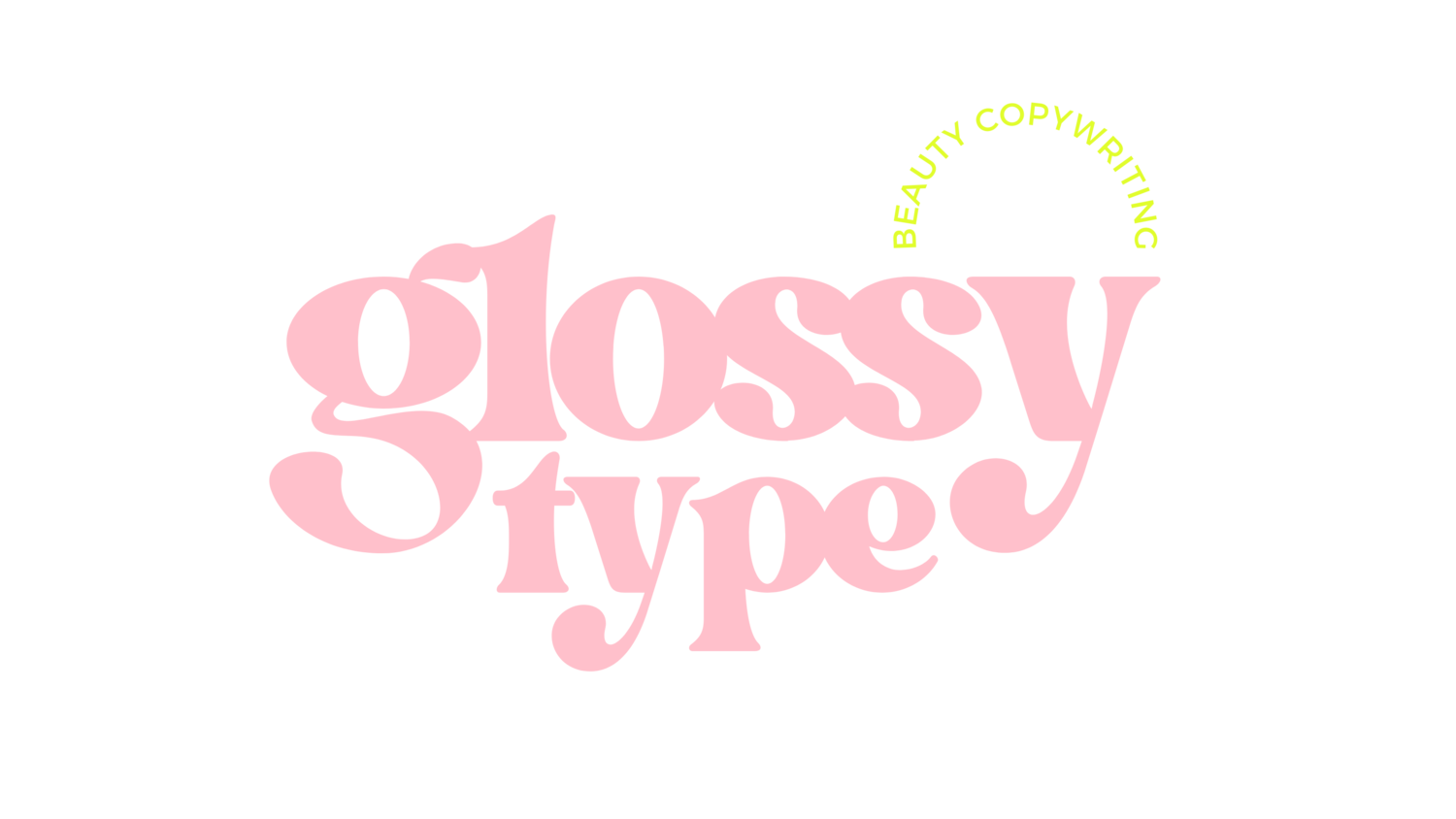NATIONAL CROWN DAY: A DAY TO CELEBRATE THE CROWN ACT AND HAIR LIBERATION
On July 3rd 2020, the United States celebrated its first National CROWN day. For Black people in America, this holiday serves as a time to celebrate a freedom that many Black Americans still don’t have today – the freedom to wear their natural hair. The first CROWN Act was signed on July 3, 2019 in California, and this day was deemed National Crown Day to commemorate the anniversary of that event. The purpose of this act is to ban race-based hair discrimination, particularly amongst Black people across the country.
Race-Based Hair Discrimination
Race-based hair discrimination is the denial of employment or educational opportunities because of one’s hair texture or style. The hairstyles that typically fall under this definition of discrimination are those traditional among Black populations, including braids, twists, locs, Bantu Knots, and the Afro-textured hair that is exclusive to Black people. Discrimination based on these hairstyles has been a common occurrence among Black Americans for decades and still happens today.
Research Studies & High-Profile Cases Show the Need for the Crown Act
In 2019, Dove conducted the CROWN Research Study to identify the depth of race-based hair discrimination among black women. The study found the following:
Black women are 1.5 times more likely to be sent home from the workplace because of their hair
80% of black women felt that they had to change their hair from its natural state to fit their workplace environment
Black women are 30% more likely to be made aware of a formal workplace appearance policy
Black women’s hair is 3.4x more likely to be perceived as unprofessional
The evidence doesn’t just end at research studies. Several cases of race-based hair discrimination made headlines within the last few years. A call center in Alabama rescinded its job offer to Chasity Jones after she refused to cut off her locs. School officials in Louisiana sent a little girl home because of her braided hairstyle in 2018. More recently, a referee forced a high school wrestler to cut his locs to participate in a match. These are only a few of the countless cases of racial hair-discrimination that happen everyday. These research studies and media-viral cases are a perfect illustration of the necessity of the CROWN Act.
The Crown Coalition & What They’ve Accomplished
The official campaign of the CROWN Act is led by the Crown Coalition, a group founded by Dove, the National Urban League, Color of Change, and the Western Center on Law and Poverty. After California passed the first CROWN Act, the states of New York, New Jersey, Virginia, Colorado, Washington and Maryland have also passed acts against race-based hair discrimination.
The fight against race-based hair discrimination is not over yet. It is still legal for institutions and workplaces to discriminate against people for their hair in 43 states. CROWN Act legislation has been introduced in 20 of those states, and there is hope that the legality of this discrimination will end.
To learn more about race-based hair discrimination, the CROWN Act, and how you can help, visit the official website here.

